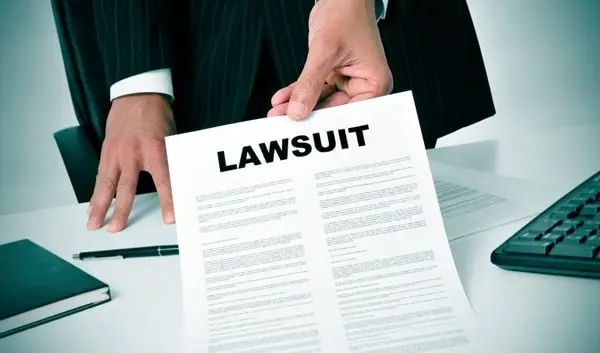The ongoing lawsuit involving Richard Stripp, a leading forensic toxicologist, and American Forensic Toxicology Services has brought significant attention to the accuracy and reliability of toxicology reports used in legal cases. This lawsuit raises serious questions about professional accountability and the potential consequences of errors in forensic toxicology reports, which can greatly influence legal outcomes. As the case unfolds, its implications could reshape the standards and practices within the field of forensic toxicology.
The Allegations
The central claims in the lawsuit allege that Richard Stripp submitted inaccurate or flawed toxicology reports that were used in legal cases. These reports are critical in determining outcomes, especially in criminal and civil cases where toxicology evidence can be pivotal. The plaintiffs assert that mistakes in these reports led to unfair legal decisions, and they are seeking damages for the impact these errors had on the cases involved. The lawsuit suggests possible professional misconduct, including improper testing procedures, mishandling of samples, and inaccurate conclusions that may have influenced court decisions negatively.
Legal and Professional Impact on Richard Stripp
The lawsuit has severely affected both the professional reputation and career of Richard Stripp. As a respected toxicologist, his credibility is vital for the trust placed in his reports by legal and medical professionals. However, the allegations have cast a shadow over his work, potentially limiting future consulting opportunities and collaborations. Even if the court rules in his favor, the damage to his public and professional reputation could have long-lasting consequences.
Moreover, Stripp now faces the legal challenge of defending his methods and the accuracy of his reports in court. His defense team has argued that his toxicology practices follow standard industry protocols and that any errors were unintentional. The court proceedings have involved reviewing toxicology reports, expert testimonies, and other relevant evidence to assess the validity of the claims.
Broader Implications for Forensic Toxicology
The Richard Stripp lawsuit is not just about one individual; it has raised concerns about the reliability of forensic toxicology as a whole. Toxicology reports are essential in many legal cases, and any doubt cast on their accuracy can undermine confidence in the justice system. This case highlights the need for stricter standards and greater oversight in forensic laboratories to ensure the accuracy of test results.
Legal experts believe that the outcome of this lawsuit could lead to significant reforms in how toxicology reports are handled, analyzed, and presented in court. The increased scrutiny on forensic evidence could push for more transparency and higher quality control in toxicology labs across the country. Such changes would aim to prevent similar lawsuits in the future and restore confidence in the forensic sciences.
Industry Reforms and Potential Consequences
If the court rules against Richard Stripp and American Forensic Toxicology, the case could result in new regulations for forensic toxicologists. These could include more rigorous certification requirements, enhanced peer review processes, and stricter documentation protocols for testing methods and results. Moreover, the legal community may begin demanding more thorough explanations and justifications for toxicology findings presented in court.
This case also emphasizes the importance of ongoing training and proficiency testing for toxicologists to keep up with advancements in forensic science. Regular audits and third-party reviews of toxicology labs may become the norm to ensure adherence to established scientific standards.
Conclusion
The Richard Stripp lawsuit has brought to the forefront critical issues concerning the role and reliability of forensic toxicology in legal proceedings. As the lawsuit progresses, its outcome will likely influence not only Richard Stripp’s career but also the broader field of forensic science. The case serves as a reminder of the crucial role that forensic evidence plays in the justice system and the necessity for unwavering accuracy and professionalism in toxicology reporting. Whether the final ruling results in reforms or stricter oversight, the lawsuit will leave a lasting impact on forensic toxicology practices.


